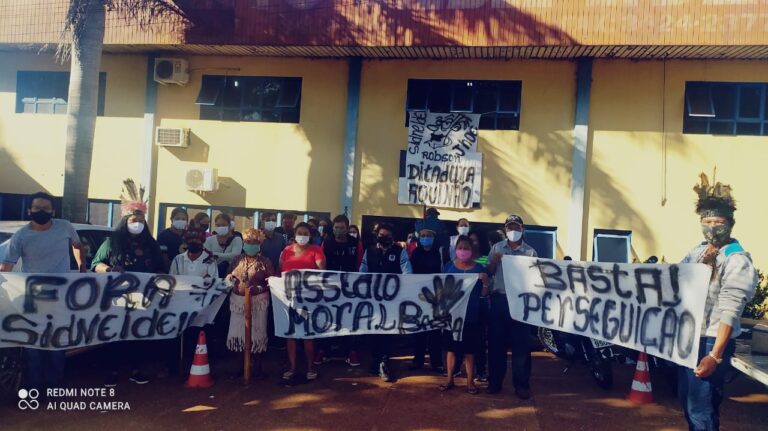Raquel Dias-Scopel is Senior Researcher in Public Health at the Oswaldo Cruz Foundation/Mato Grosso do Sul, and holds a doctorate in social anthropology from the Federal University of Santa Catarina, Brazil. She has conducted research among Indigenous Peoples in Southern and Central-Western regions of Brazil as well as in the State of Amazonas. She coordinates research in medical anthropology and public health policy for Indigenous Peoples. Her primary research interests are medical pluralism, health/disease/attention-prevention processes, sustainability and social participation.
Daniel Scopel is a researcher associated with the National Institute of Research: Brazil Plural, and holds a doctorate in Social Anthropology from the Federal University of Santa Catarina, Brazil. He participated as a post-doctoral investigator in the COVID-19 Humanities Network Ministry of Science, Technology and Innovation (MCTI), in 2021. He has held a research grant from the Oswaldo Cruz Foundation/Mato Grosso do Sul since 2022.
Esther Jean Langdon is a CNPq researcher and Coordinator of the National Institute of Research: Brazil Plural – IBP (CNPq/INCT), as well as co-coordinator of IBP’s research network Health, Local Practices, Experience and Public Policy. She holds a doctorate from Tulane University and retired as a full professor from the Federal University of Santa Catarina in 2014 and remains active as advisor and voluntary professor. Her articles and books on shamanism, anthropology of health, oral literature, and performance are published throughout the Americas and Europe.
